-

Make the West Great Again – Interview with Angelos Chryssogelos
Podcasts - The European View Podcast
20 Oct 2025
-

A European way of war – Interview with Garvan Walshe
Podcasts - The European View Podcast
03 Oct 2025
-
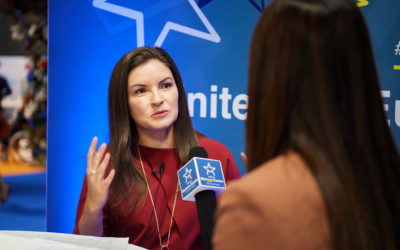
How Will Trade Shape the Future of Transatlantic Relations?
Multimedia - Other videos
31 May 2022
-
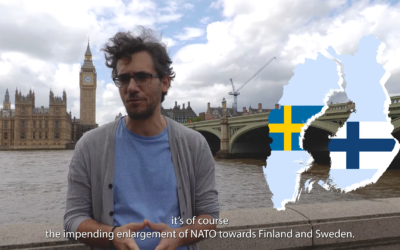
Bridge the Channel May 2022
Bridge the Channel - Multimedia
20 May 2022
-
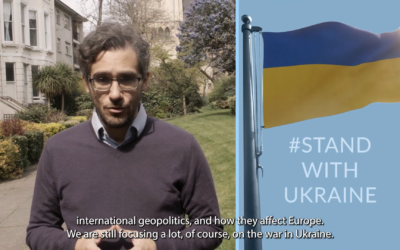
Bridge the Channel April 2022
Bridge the Channel - Multimedia
14 Apr 2022
-

Trade & Technology Council: Renewing the Transatlantic Partnership
Live-streams - Multimedia
10 Dec 2021
-
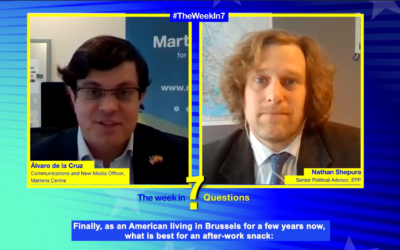
The Week in 7 Questions with Nathan Shepura
Multimedia - Other videos
05 Nov 2021
-

[Europe Out Loud] Doom: a chat with Niall Ferguson about the history and politics of catastrophe
Europe out Loud
04 Nov 2021
-
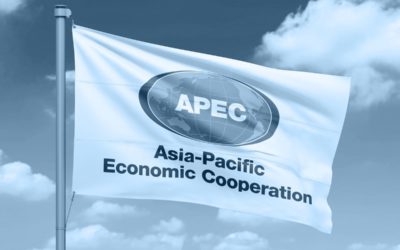
The APEC Summit and the Global Reflection of Pacific Issues
Blog
26 Oct 2021
-
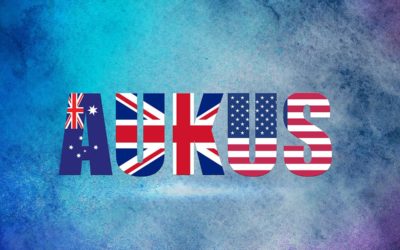
Transatlantic Relations After AUKUS
Blog
21 Oct 2021
-
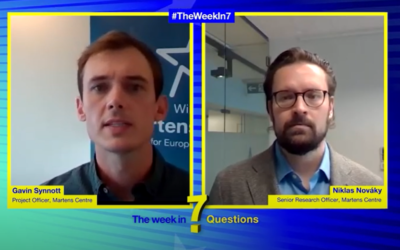
The Week in 7 Questions with Niklas Nováky
Multimedia - Other videos
01 Oct 2021
-
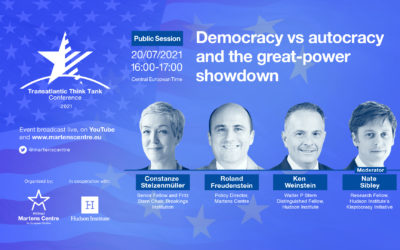
TTTC: Democracy vs autocracy and the great-power showdown
Live-streams - Multimedia
20 Jul 2021
-
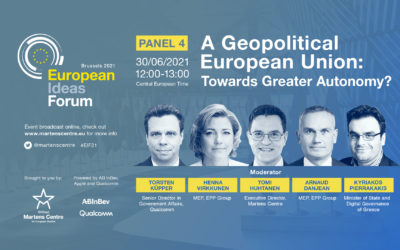
EIF 21 Panel 4 – A Geopolitical European Union: Towards Greater Autonomy?
Live-streams - Multimedia
30 Jun 2021
-

EIF 21 Panel 2 – Europe’s Role in the Great Power Competition
Live-streams - Multimedia
29 Jun 2021
-
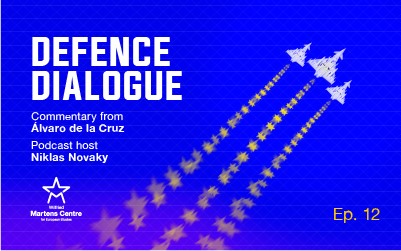
Defence Dialogue Episode 12 – The EU’s Quest For Greater Resilience
Defence Dialogues
15 Jun 2021
-
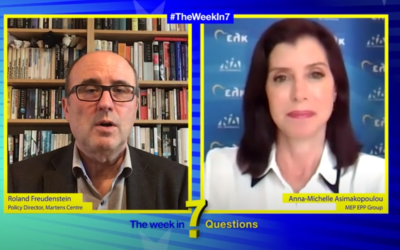
The Week in 7 Questions with Anna-Michelle Asimakopoulou
Multimedia - Other videos
28 May 2021
-
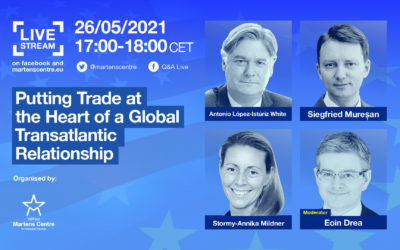
Putting Trade at the Heart of a Global Transatlantic Relationship
Live-streams - Multimedia
26 May 2021
-
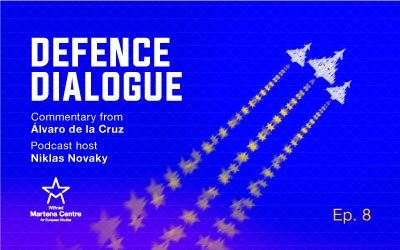
Defence Dialogue Episode 8 – A Reboosted Transatlantic Alliance?
Defence Dialogues
03 Feb 2021
-
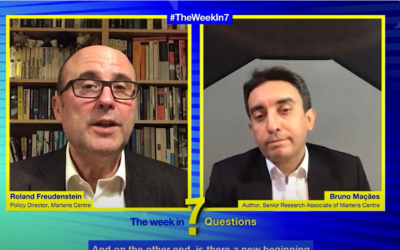
The Week in 7 Questions with Bruno Maçães
Multimedia - Other videos
29 Jan 2021
-

Defence Dialogue with Lt. Gen. Ben Hodges
Defence Dialogues
25 Apr 2018


